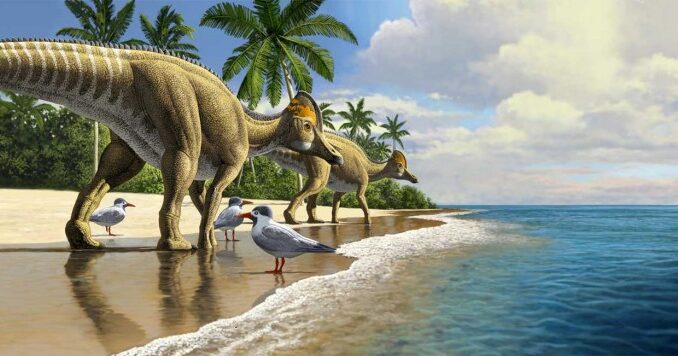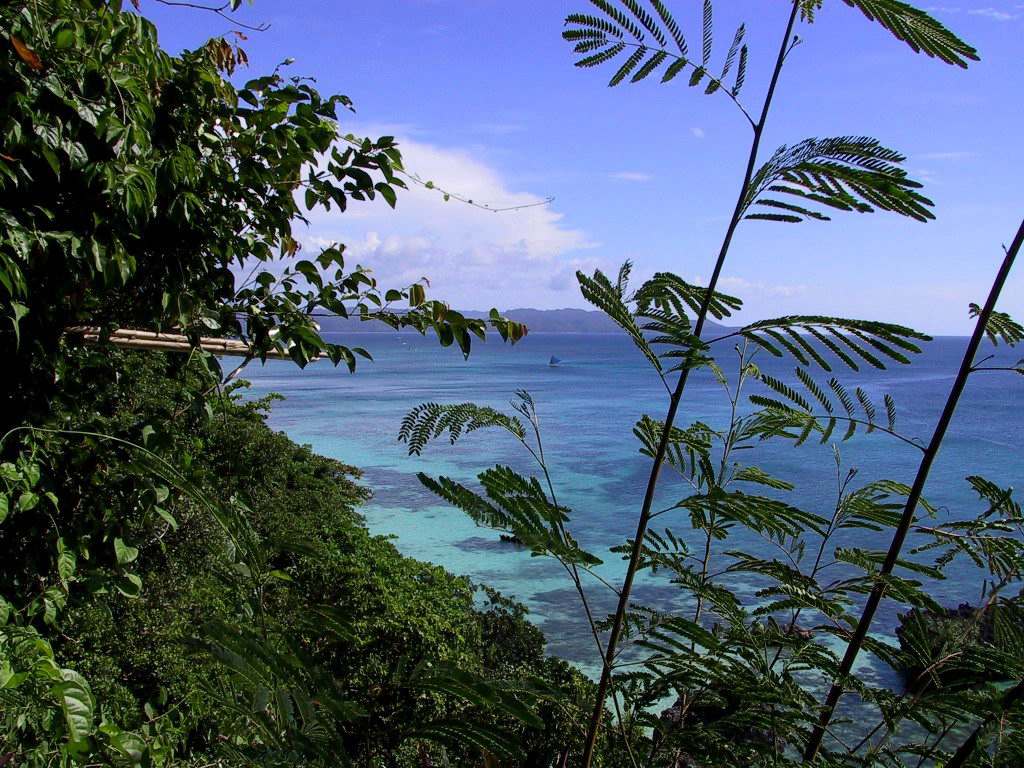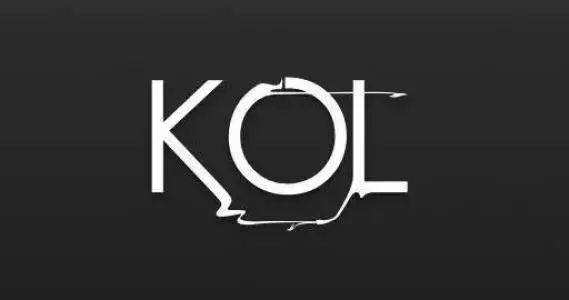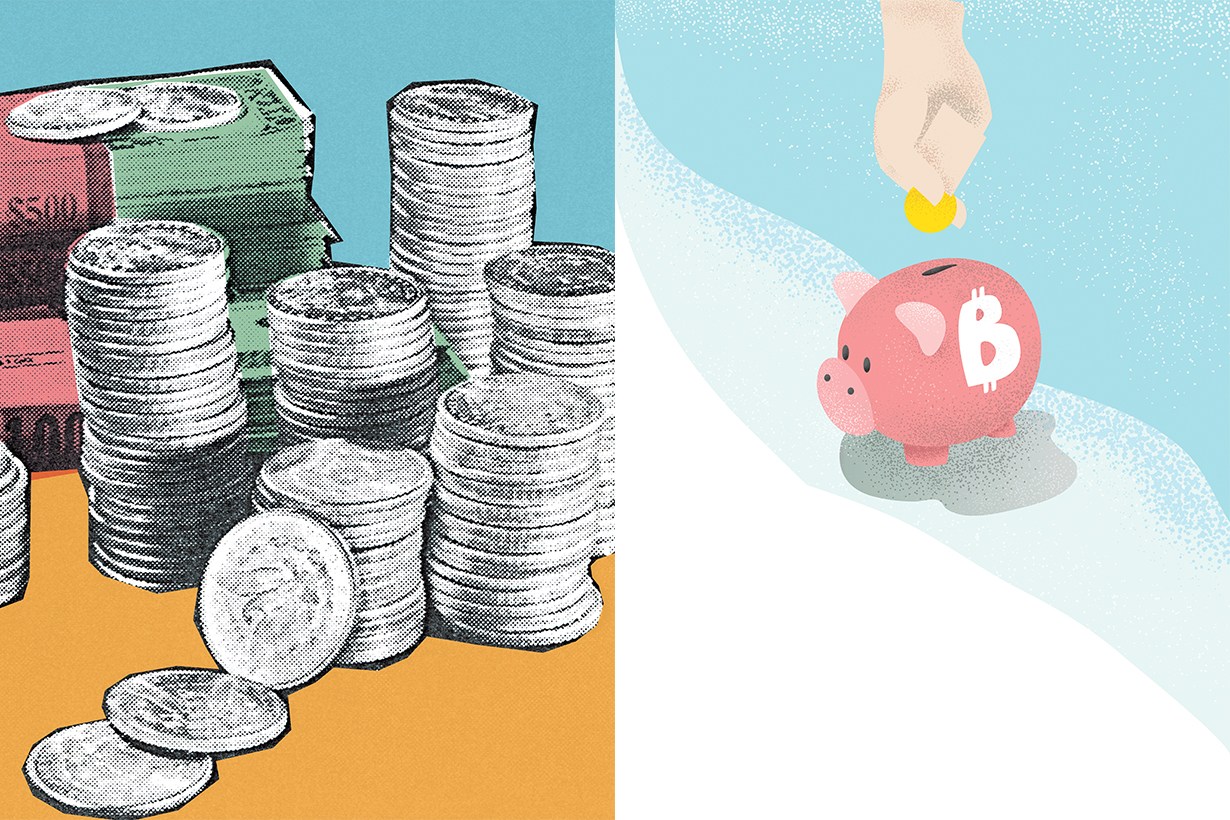Study shows that well-edited hometown wiki entry will attract tourists
Imagine you live in a small town in the middle of nowhere, but it has many natural and cultural attractions. You wish to attract more tourists and promote your hometown's economy through tourism.
What do you think is the most cost-effective ways of publicity and promotion? Hire a celebrity for advertisements, or simply become a social media influencer of short video yourself?
In fact, carefully edited hometown's Wikipedia entries is one of the most cost effective way to attract tourists to your hometown.

An experiment carried out by economists at Collegio Carlo Alberto in Turin, Italy, and ZEW in Mannheim, Germany, found that a simple edit of a Wikipedia page could potentially generate an extra £100,000 a year in tourism revenue for a small town - highlighting the potential social benefits of a free online encyclopaedia.
Researchers randomly selected Spanish cities and targeted them, improving their Wikipedia entries, adding descriptive information about history and local attractions, as well as high-quality photos.
No experts were required. Most of the added content was simply translated from the Spanish Wikipedia into French, German, Italian or Dutch.
The results are immediate: adding just two paragraphs of text and a photo can increase the number of people staying in the city by about 9% during the peak tourist season. In some cases, the increase was even greater. For towns that have little to no content on their Wikipedia page, adding just a bit of content can boost visitor numbers by a third.
"If this were extended to the entire tourism industry, it would have a huge impact." Authors Marit Hinnosaar, Toomas Hinnosaar, Michael Kummer and Olga Slivko write, "The economic impact could be in the billions of euros."
In fact, the impact is so large and somewhat frightening that it raises the question of why most of the world's cities don't take the initiative to maintain their own entries. Wikipedia content is largely written and edited by volunteers, but simply increasing the amount of available information on certain topics relative to the time spent can pay off big time.
But Wikipedia's organizational structure may provide an answer: almost all new content added to the Wikipedia Netherlands site is deleted within 24 hours, even forcing researchers to re-restrict the experiment to wikis in three other languages.
 A senior editor on Wikipedia Netherlands discovered the ongoing experiment and understood the need to proceed with banning all updates made by the team. The wiki does not allow edit for commercial use, and such research is considered illegal.
A senior editor on Wikipedia Netherlands discovered the ongoing experiment and understood the need to proceed with banning all updates made by the team. The wiki does not allow edit for commercial use, and such research is considered illegal.
This isn't the first paper to point out that the online encyclopaedia has an enormous influence. In another article cited by the researchers, they found that adding new scientific content to the encyclopaedia leads to changes in citations of hundreds of papers in relevant scientific journals. Even professional scholars consult Wikipedia and often cite the references listed on the site.
But Wikipedia can be easily tampered with, and in August it was revealed that an American teenager who had been involved in the Scottish version of the wiki's entries since the age of 12 had become one of the main editors of the Scottish version, even though he didn't actually speak the language.
The user who first discovered the fraud pointed out, "This person has probably done more damage to the Scottish language than anyone else in history."
OTHER NEWS
-
- A 9-year-old Boy Earning 200 Million Per Year Through Toy Evaluation, Why Could This New Generation of Bloggers Take the Lead? (I)
- By Ward 24 Apr,2023

-
- Mario Kart Tour Races to $200M revenue and 200M Downloads
- By Lloyd 24 Apr,2023

-
- Finnish Tech Company Invents Polite Font
- By Andrea 24 Apr,2023

-
- The UAE‘s KOL Industry Is Brisk but Its Negative Risks Loom Large
- By Doris 24 Apr,2023

-
- T-Mobile Launched TVision Streaming Service
- By Alan 24 Apr,2023

-
- What Is the Optimal Size of A Network?
- By Evelyn 24 Apr,2023

-
- Study shows that well-edited hometown wiki entry will attract tourists
- By Julia 24 Apr,2023

-
- How Celebrities Manage Their Money
- By Shawn 24 Apr,2023

-
- PUBG Mobile Esports Generated 200 Million Hours of Viewing in 2020
- By Ellis 24 Apr,2023

-
- PUBG Mobile‘s 3rd Anniversary: Another New Gangster Game from Yotta
- By Cox 24 Apr,2023

-
- The consumption power of female players continues to grow
- By Barbara 24 Apr,2023

-
- Saudi Arabia’s SAMA Opening-Up Policy Is Conductive to E-Commerce Development in the Middle East in 2021
- By Hall 24 Apr,2023

 1
1 1
1